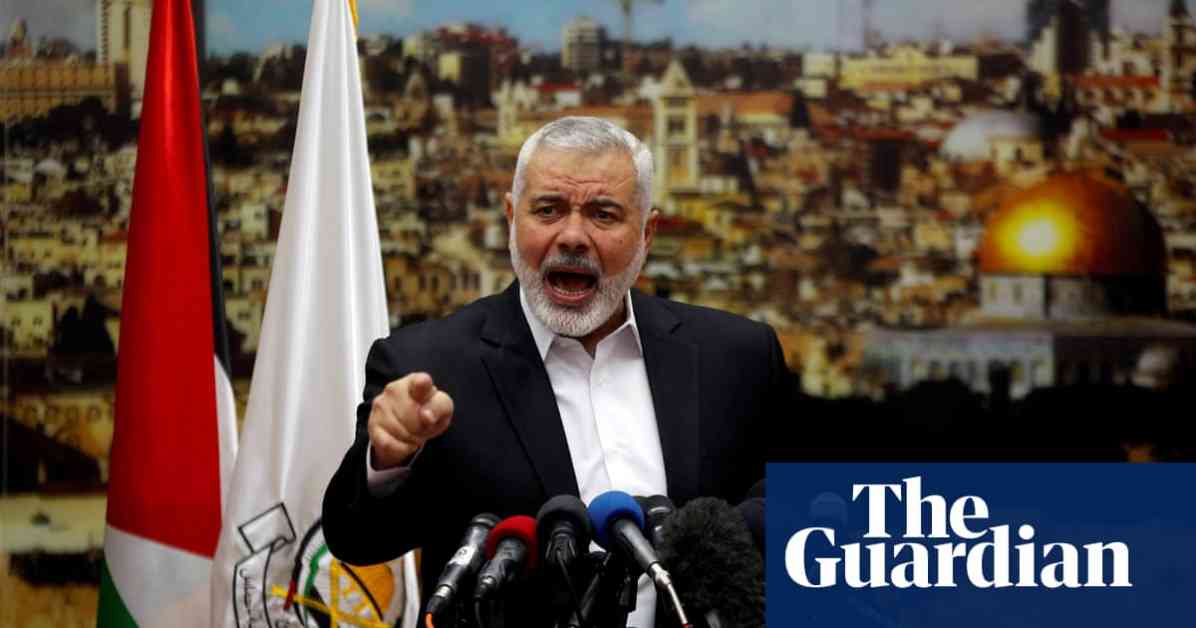Ismail Haniyeh, the political leader of Hamas, was killed in a strike in Tehran on Wednesday morning. This incident happened shortly after Israel claimed it had killed a top Hezbollah commander in Beirut. These events have dealt significant blows to both Hamas and Hezbollah, while also increasing tensions in the region. Iran, which supports both groups, has vowed to seek revenge for these attacks. This situation has raised concerns that the conflict in Gaza could escalate into a larger regional war.
A senior Hamas official condemned Haniyeh’s killing as a cowardly act that would not go unpunished. Mediators from Qatar and Egypt warned that this incident could hinder ceasefire talks and negotiations for the release of hostages in Gaza. Haniyeh was targeted by an airstrike at a residence in Tehran after attending the inauguration of Iran’s new president.
Iran’s supreme leader, Ayatollah Ali Khamenei, stated that Iran considers seeking revenge for Haniyeh’s death as its duty. The Israeli government did not officially comment on the incident, but the strike was widely attributed to Israel. Israel has previously vowed to eliminate all Hamas leaders and has a history of carrying out covert operations in Iran.
The United States has been actively involved in diplomatic efforts to prevent the conflict in Gaza from escalating further. US Defense Secretary Lloyd Austin mentioned that the Biden administration is working to de-escalate the situation and reiterated support for Israel’s defense. Despite the threat of retaliation, Austin expressed hope that a wider conflict could be avoided.
Hamas officials have condemned Haniyeh’s assassination, labeling it as a grave escalation. Hamas has experienced the loss of top leaders in the past but has continued its operations. Negotiations for a ceasefire and the release of hostages in Gaza are now at risk following these recent events.
Countries such as Russia and Turkey have criticized the assassination of Haniyeh, describing it as a politically unacceptable act. Iran has declared three days of mourning for Haniyeh and will hold his funeral in the country before transferring his body to Doha for burial.
The killing of Ismail Haniyeh occurred shortly after Israel targeted Hezbollah’s top military commander, Fuad Shukur, in Beirut. Hezbollah confirmed Shukur’s presence in the targeted building but awaited further information on his condition. The situation has heightened tensions in the region, with concerns of a broader conflict emerging.
Overall, the recent events involving the assassinations of Ismail Haniyeh and Fuad Shukur have significantly impacted the dynamics in the Middle East. The repercussions of these actions are likely to reverberate across the region, affecting ongoing negotiations and efforts to establish peace and stability.












